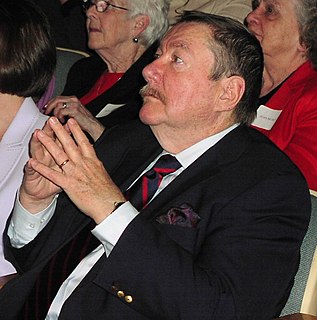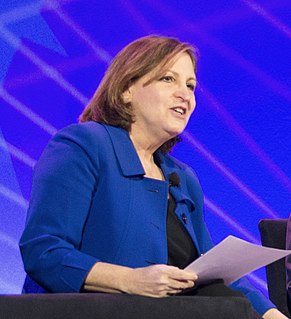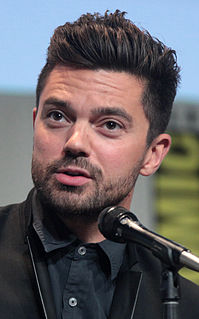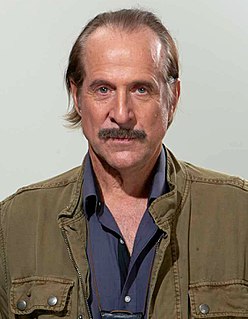A Quote by Robert B. Parker
Being a professor and working are not the same thing. The academic community is composed largely of nitwits. If I may generalize. People who don't know very much about what matters very much, who view life through literature rather than the other way around.
Related Quotes
There is an advantage in having a routine and working with the same people when you can and in writing as a regular thing and filming as a regular thing. That routine pays off for you. You get a lot of productivity that way, rather than sitting around waiting for inspiration and waiting for the perfect thing to happen. I would be much less productive that way.
At least I like to keep it the same. That's why I've got all the same friends. That's why I go back to Leeds as much as possible. I don't know if you know much about England, but Yorkshire is a very sobering place. In the North. It's very gritty. Old mining villages. And people don't really care about celebrities up there. And it's great. And that's why I get back there whenever I can. 'Cause it keeps me very grounded, and it keeps my life very normal, whatever that is.
I'm a very private person, so obviously I don't enjoy talking about more personal matters. But at the same time I care very much about my work and I would like people to know that it exists. So I appreciate that there's a meeting point, where I would like people to know about the work that I'm doing, and that requires me to talk about it.
It's been a very remarkable year, and I feel very blessed. I lived an isolated lifestyle before the media. I lived a life of solitude and loyalty and commitment to my work. I just don't prioritize my life in the same way that other people do. The only thing that matters is my music and my performance.
When you grow up, you tend to get told that the world is the way it is, and your life is just to live your life inside the world. Try not to bash into the walls too much. Try to have a nice family life. Have fun, save a little money. That's a very limited life. Life can be much broader, once you discover one simple fact, and that is everything around that you call life was made up by people who were no smarter than you. And you can change it. You can influence it. You can build your own things that other people can use. Once you learn that, you'll never be the same again.
We aren't defined by our work. People think if you over-identify with your work, then that must mean you're giving over too much of yourself to it, that there's something wrong with that. We're trained to believe in things like work-life balance. So much work is tending towards service. It's very much about creating experiences rather than products, and it makes those boundaries between life and work very slippery.
One respect in which I'm very much my father's son is how I feel about Joyce. 'Ulysses' is very much about daily life, when you get into this other guy's life and you learn about the things he cares about, and why he cares about them. And then, very indirectly, very subtly, you learn why politics has impacted his life, too.
Other presidents behind the scenes mutter epithets about the media. Donald Trump calls us the lowest form of human life to our face. Other presidents tried their best to go around the media that they don't think are expressing their views. President Trump just is - is just very, very vocal about that and much more - spends much more time being vocal about that.
When you spend so much time away from home, travelling around doing things like this, talking about yourself too much, which is often very painful... So, to actually come home and just be amongst people who know you extremely well, who you can't pretend to be anything other than yourself in front of, is a relief really. It gives you a sense of who you are again. You just don't get any time at home... it's such an existence of feeling very unsettled and travelling around. It's great.
Giving my life to you may mean leading a very ordinary life or it may mean leading an extraordinary life. It may mean having a family and a career or it may mean going beyond all that to just work for others. It's hard to say. Rather than making a decision myself, I'm going to give my life to you, to do with as you will, because I know that you are my self, you are my very being.
I've been very lucky and fortunate to meet people that are very inspirational in their spirits, too, and not just as filmmakers - in their personal life. I mean, Steven Spielberg is very inspirational just to sit down and talk for an hour, like Ingmar Bergman was. They know so much about life and, you know, movie-making, so it's just wonderful to be around those people.
Much of the image of the amazingness of America comes from the movies into other cultures. And it's much the same thing when you reverse it. Much of Africa is presented through poverty, through drought and war. [But] you're not presenting people, you're not presenting countries, you're not presenting complexity, and so people can't care about an amorphous mass called Africa.






































